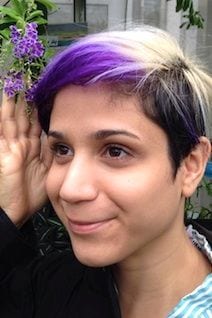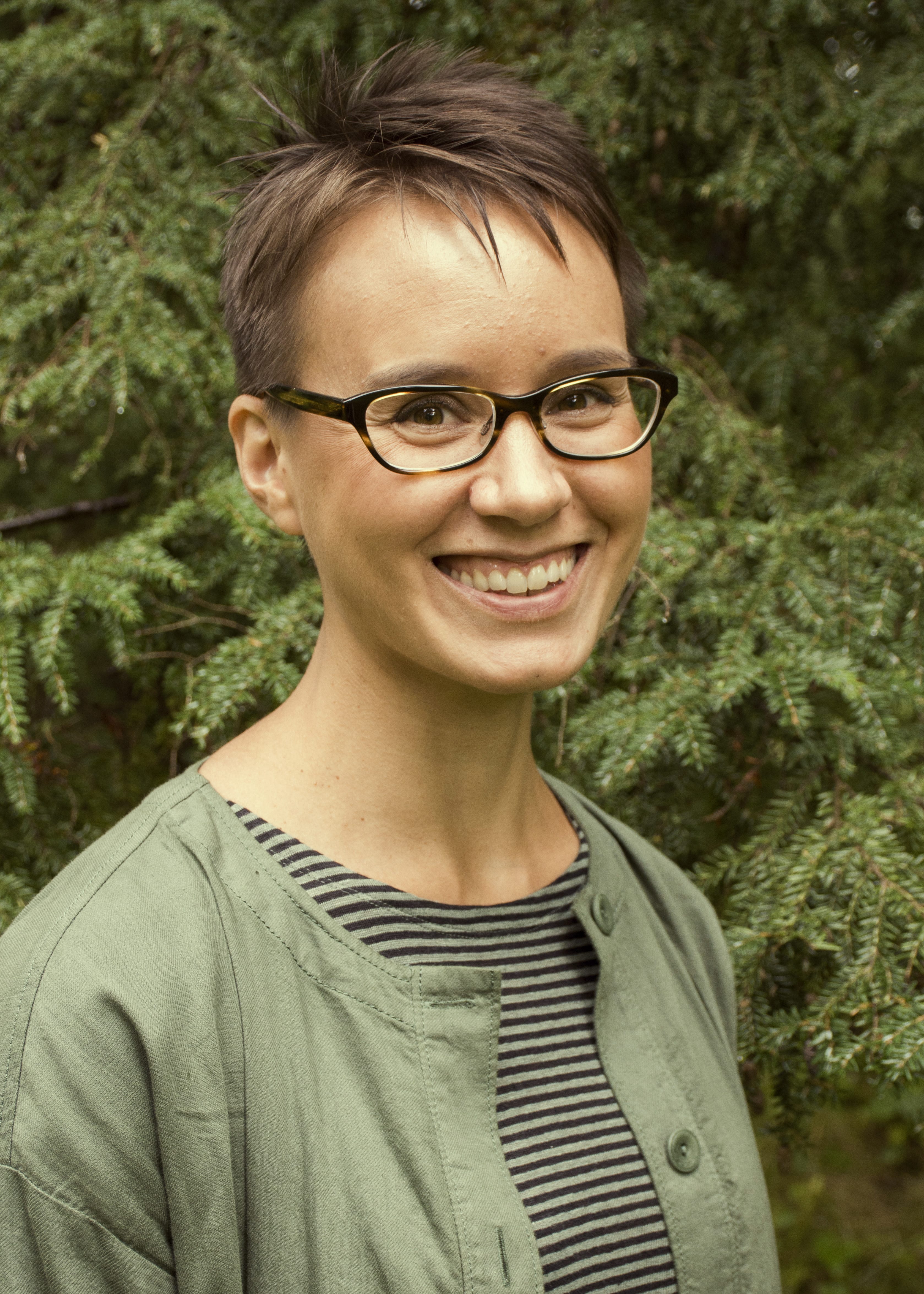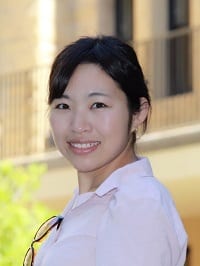The Department of Human Development welcomes 4 faculty members with research interests that include network science, social media, epigenetics, ecology, conceptual development and cultural diversity, and social cognition.

William Hobbs
William Hobbs received his doctorate in political science from the University of California at San Diego and comes to Cornell from Northeastern University where he was a postdoctoral fellow at the Network Science Institute. At Cornell, he has a joint appointment in Human Development and the Department of Government. A central feature of Hobbs' research is the use of complex relational data to study "the social effects of government policies, on how small groups of people adapt to sudden changes in their lives, and on low-dimensional representation (data that has been processed to reduce the number of random variables) of social interaction and language." [Read Dr. Hobbs' CV to learn more about his research.] One of his recent publications involved an analysis of the effect of interacting on social media networks specifically, Facebook, and longevity. [Read more about the study in a story by CBS News.]

Marlen Gonzalez
Marlen Gonzalez arrived at Cornell this summer after completing the Charleston Consortium Internship Program, a joint endeavor of the Medical University of South Carolina and the Ralph H. Johnson Veterans Affairs Medical Center. She received her doctorate from the University of Virginia (UVA), where she studied with Dr. James Coan and engaged in a truly diverse interdisciplinary research program, including, developmental psychology, neuroscience, epigenetics, evolutionary biology, and behavioral ecology. As a graduate student at UVA, Gonzalez was a LIFE Fellow from 2014-2017 which enabled her to study at UVA and at the International Max Planck Research School on the Life Course in Berlin. The central question guiding Dr. Gonzalez's research is "How do our developmental environments, and especially our social environments, shape our nervous system and biobehavioral strategies for coping in adulthood."

bethany ojalehto
Bethany ojalehto has returned to her academic roots in Human Development and the College of Human Ecology. She graduated with honors (she received the Zuckerman award for best senior thesis in HD) from Human Ecology in 2008 having majored in psychology and human rights with a certificate of African Studies and was a mentee of HD Chair, Qi Wang. Her undergraduate years were funded by a number of prestigious scholarships, including, The Nancy and Andrew Persily Scholarship, the Merrill Presidential Scholar, and the Cornell Presidential Research Scholar. Upon graduation, ojalehto received a U.S. Fulbright Research Grant to Kenya, Law and Psychology and studied cognitive development in a Kenyan refugee camp. She completed her masters and doctorate at Northwestern University under the mentorship of Drs. Douglas Medin, Sandra Waxman, and Rebecca Seligman. As a graduate student she received a Smithsonian Tropical Research Institute Short-Term Fellowship for a study of “Cultural Models and Conceptual Development in a Ngöbe Community,” Panama. She was awarded a National Science Foundation Graduate Research Fellowship for her dissertation and continued her work as a postdoctoral fellow at Northwestern. According to ojalehto, her research "explores how people conceptualize agency and ecologies, with a focus on cultural variation in social cognition and human-nature relationships." [Read more about Dr. ojalehto's research and outreach at website: http://sites.northwestern.edu/ojalehto/ and watch her presentation at the National Academy of Sciences Arthur M. Sackler Colloquium, Pressing Questions in the Study of Psychological and Behavioral Diversity].

Lin Bian
Lin Bian will join the Department of Human Development in January 2019 as the Evalyn Edwards Milman Assistant Professor. She is currently completing a postdoctoral fellowship with Dr. Ellen Markman at Stanford University. Dr. Bian received her doctorate in developmental psychology from the University of Illinois at Urbana-Champaign in 2017 under the mentorship of Drs. Andrei Cimpian and Renée Baillargeon. Her research examines the development of social cognition, with an emphasis on children’s reasoning about social groups. In this vein, she has pursued two major lines of research: One line of work focuses on the acquisition and consequences of stereo- types about social groups for children’s interests and motivation. The other line of work focuses on infants’ and toddlers’ sociomoral expectations, especially as how they apply to behaviors within vs. across group boundaries. [Watch the NBC News video about Dr. Bian's research, Psychologist Breaks Ground with Gender Bias Study].





 Lin Bian
Lin Bian One of the central goals in the establishment of the
One of the central goals in the establishment of the 
 APS President Suparna Rajaram invited four distinguished psychological scientists to speak about memory from cognitive, neuroscientific, cultural, and developmental approaches as part of the Presidential Symposium at the 30th Annual APS Convention in San Francisco. Watch Qi Wang's presentation, "Studying Memory Development in Cultural Context: A Multi-Level Analysis Approach".
APS President Suparna Rajaram invited four distinguished psychological scientists to speak about memory from cognitive, neuroscientific, cultural, and developmental approaches as part of the Presidential Symposium at the 30th Annual APS Convention in San Francisco. Watch Qi Wang's presentation, "Studying Memory Development in Cultural Context: A Multi-Level Analysis Approach".

